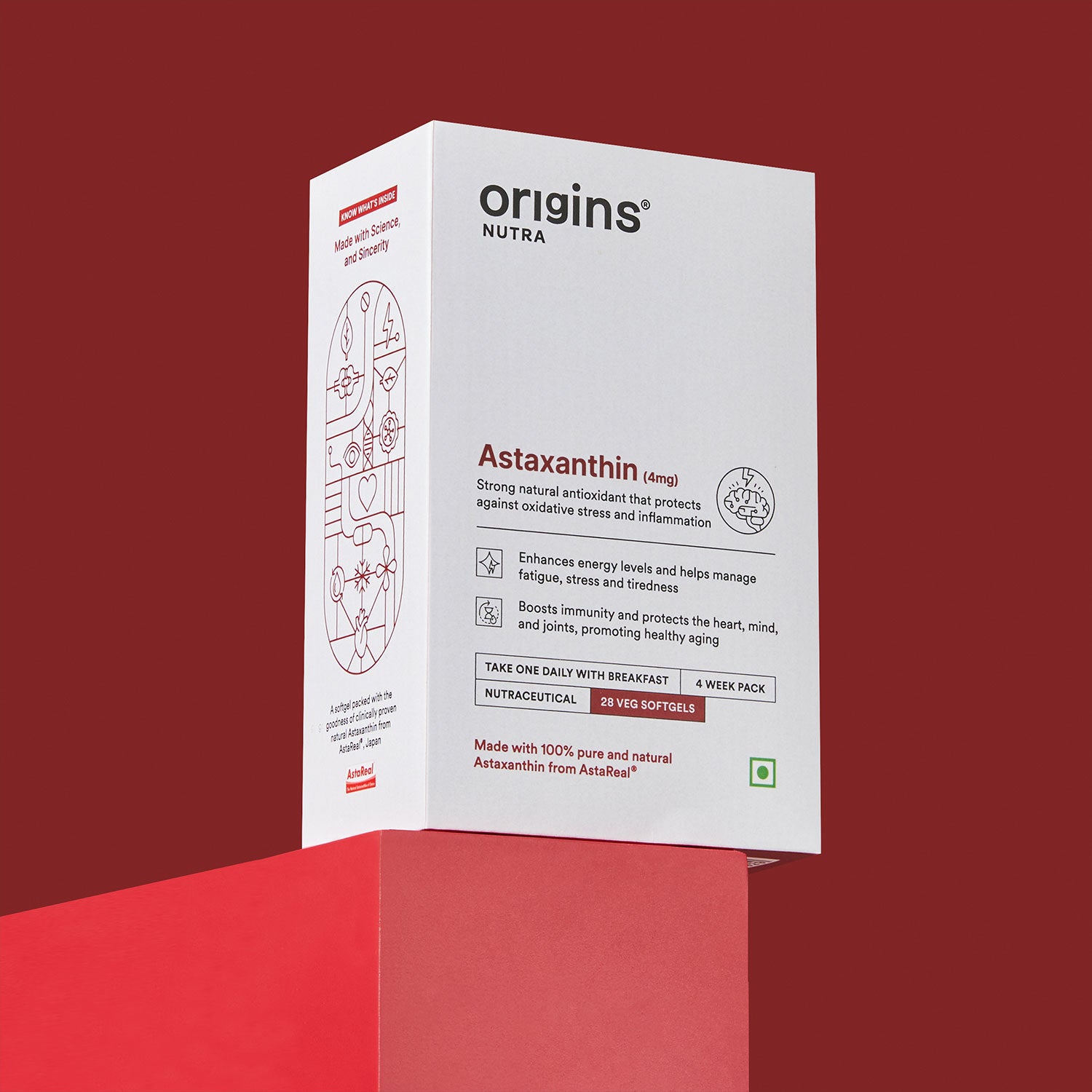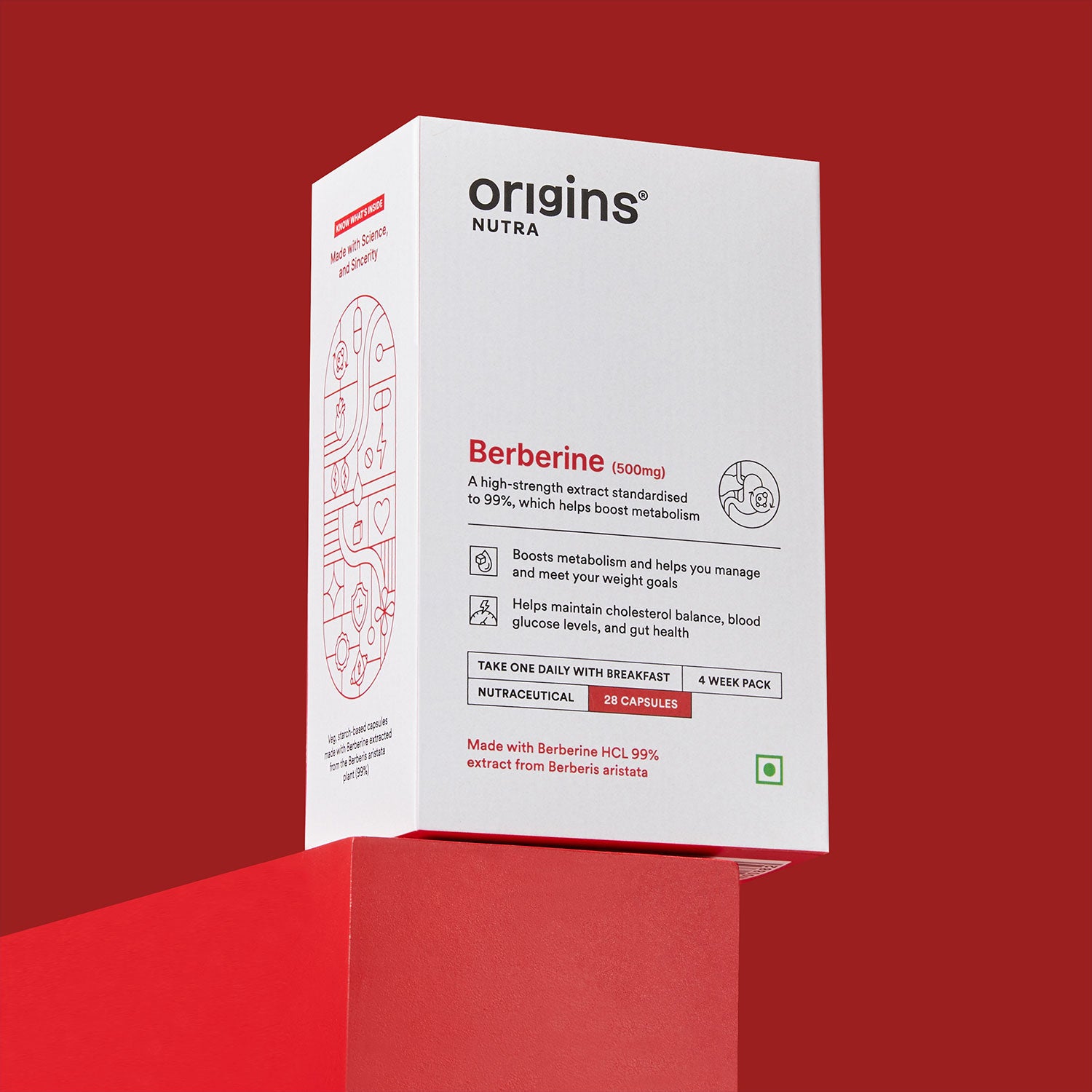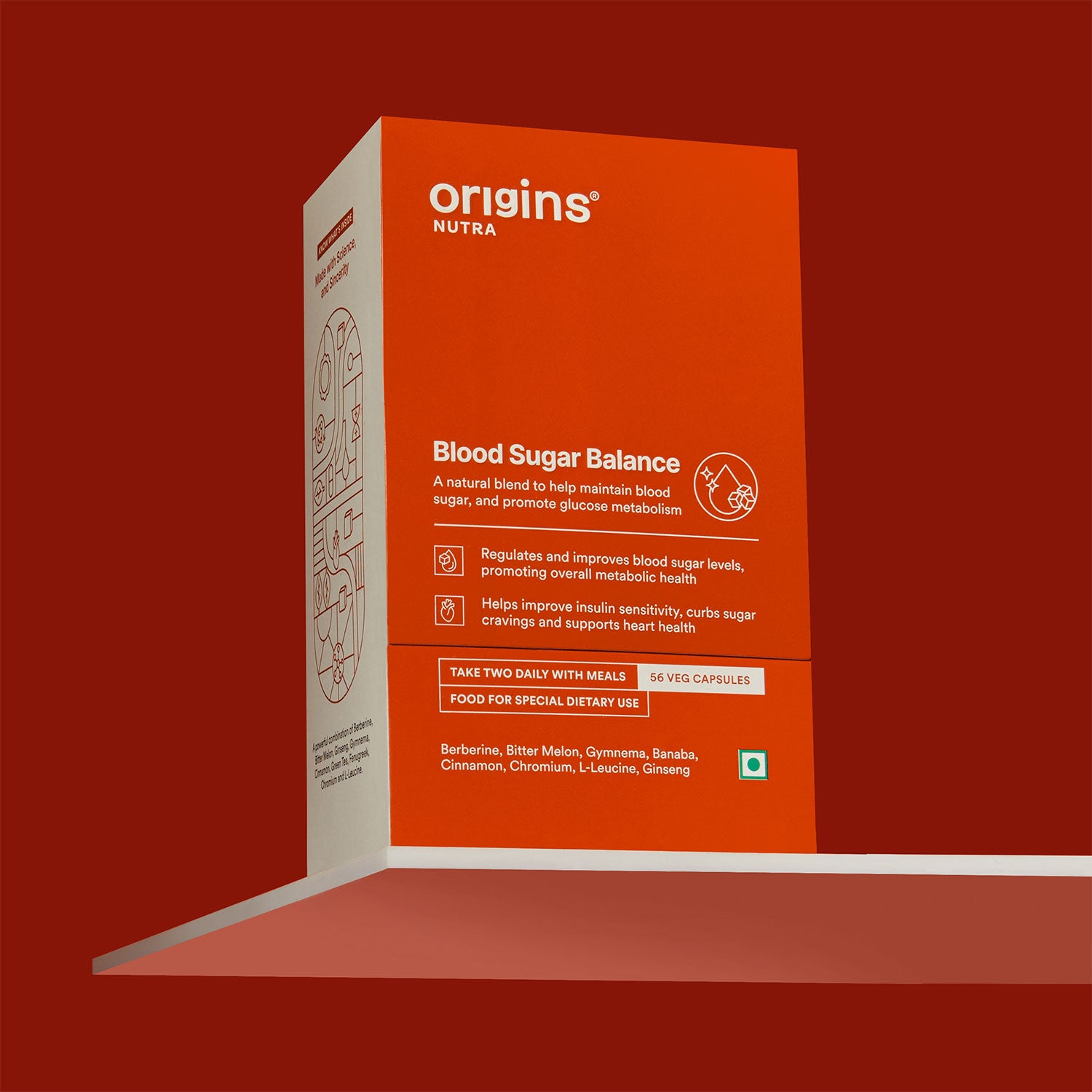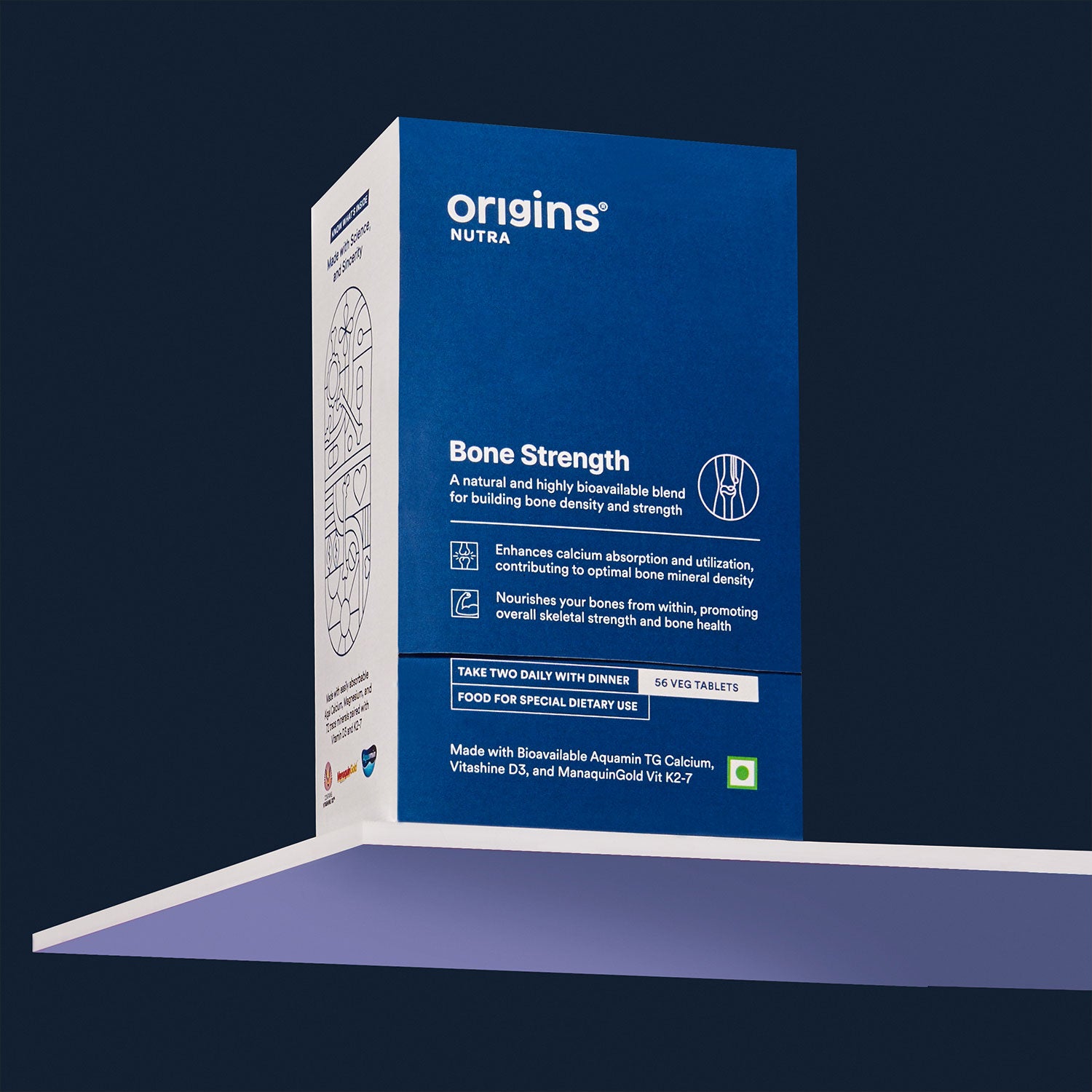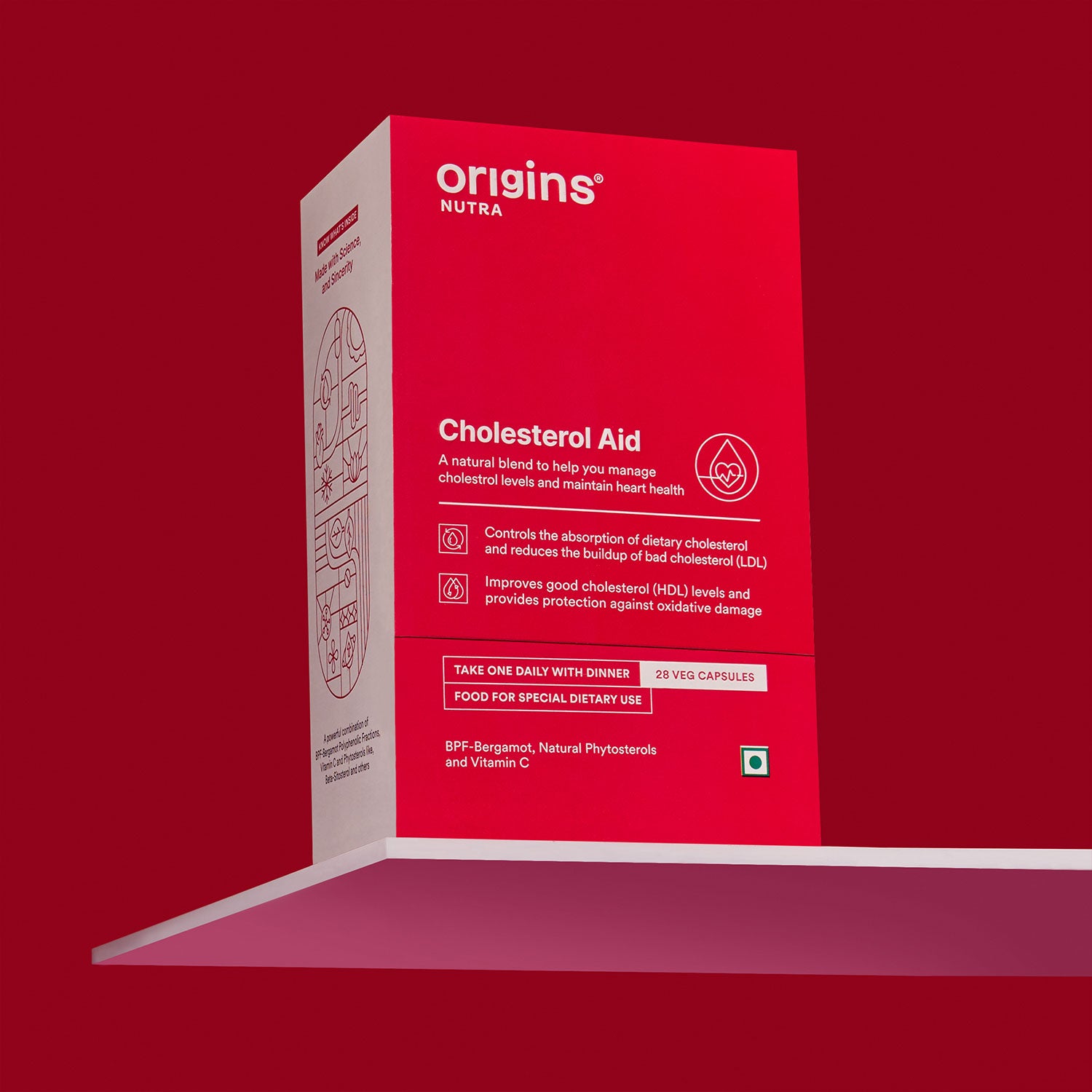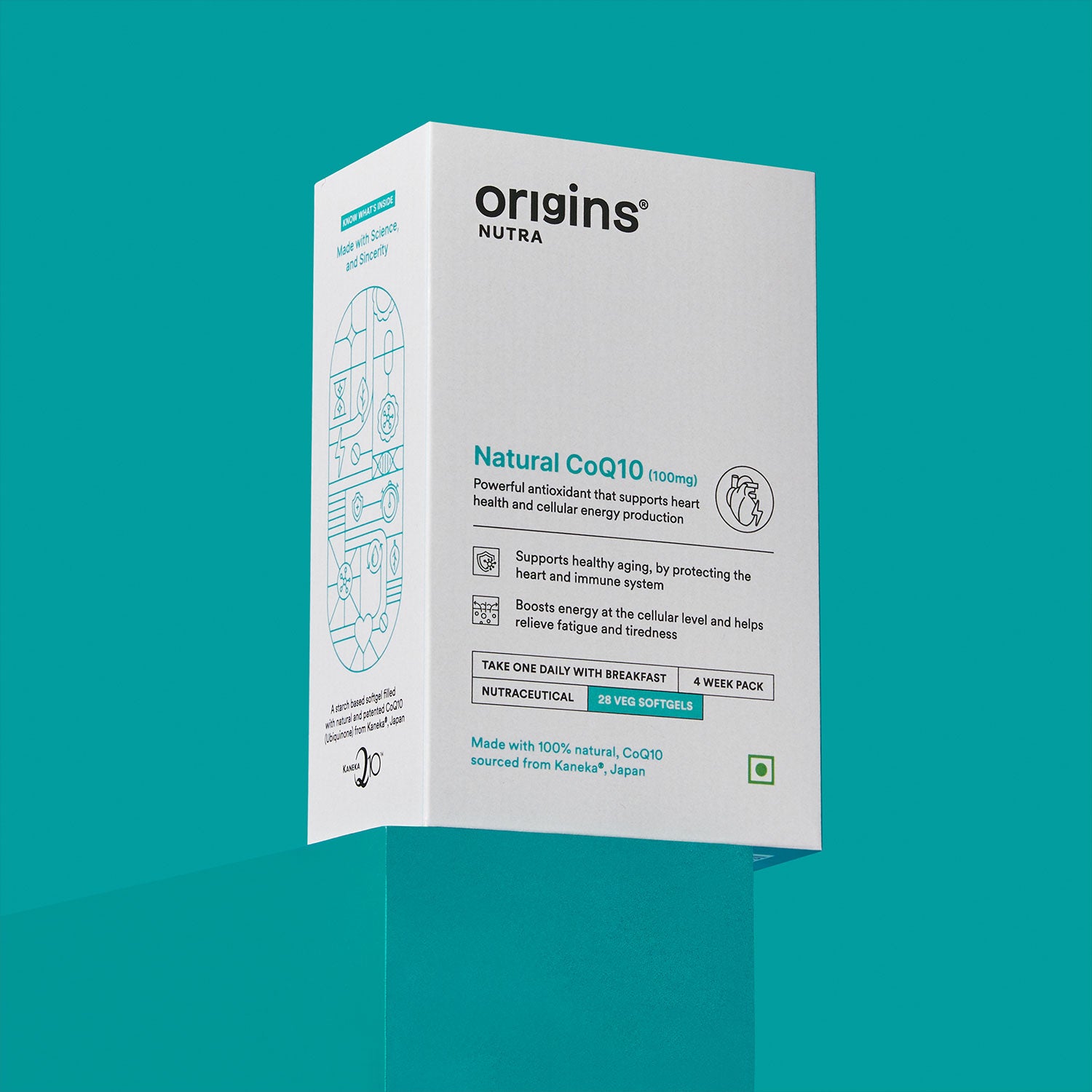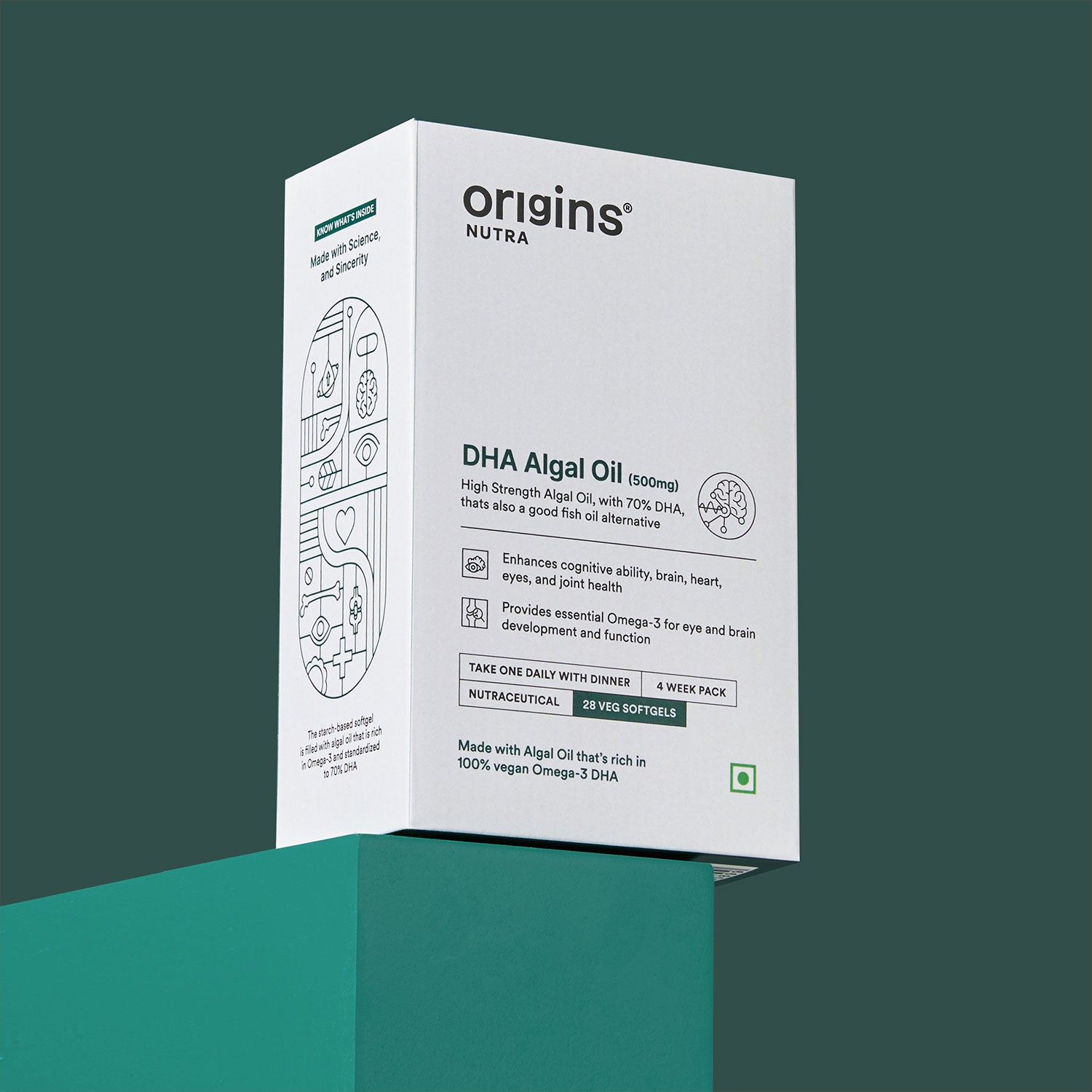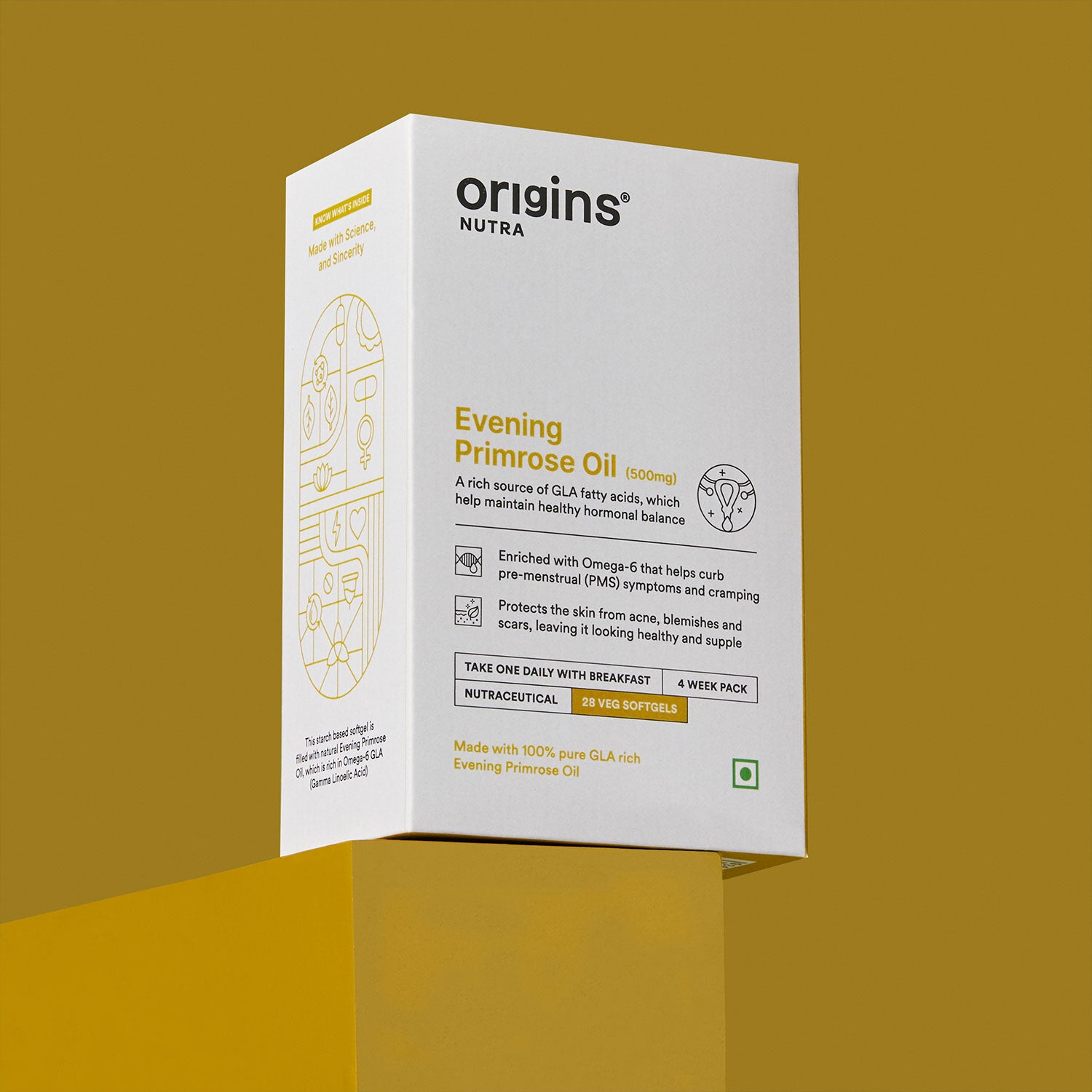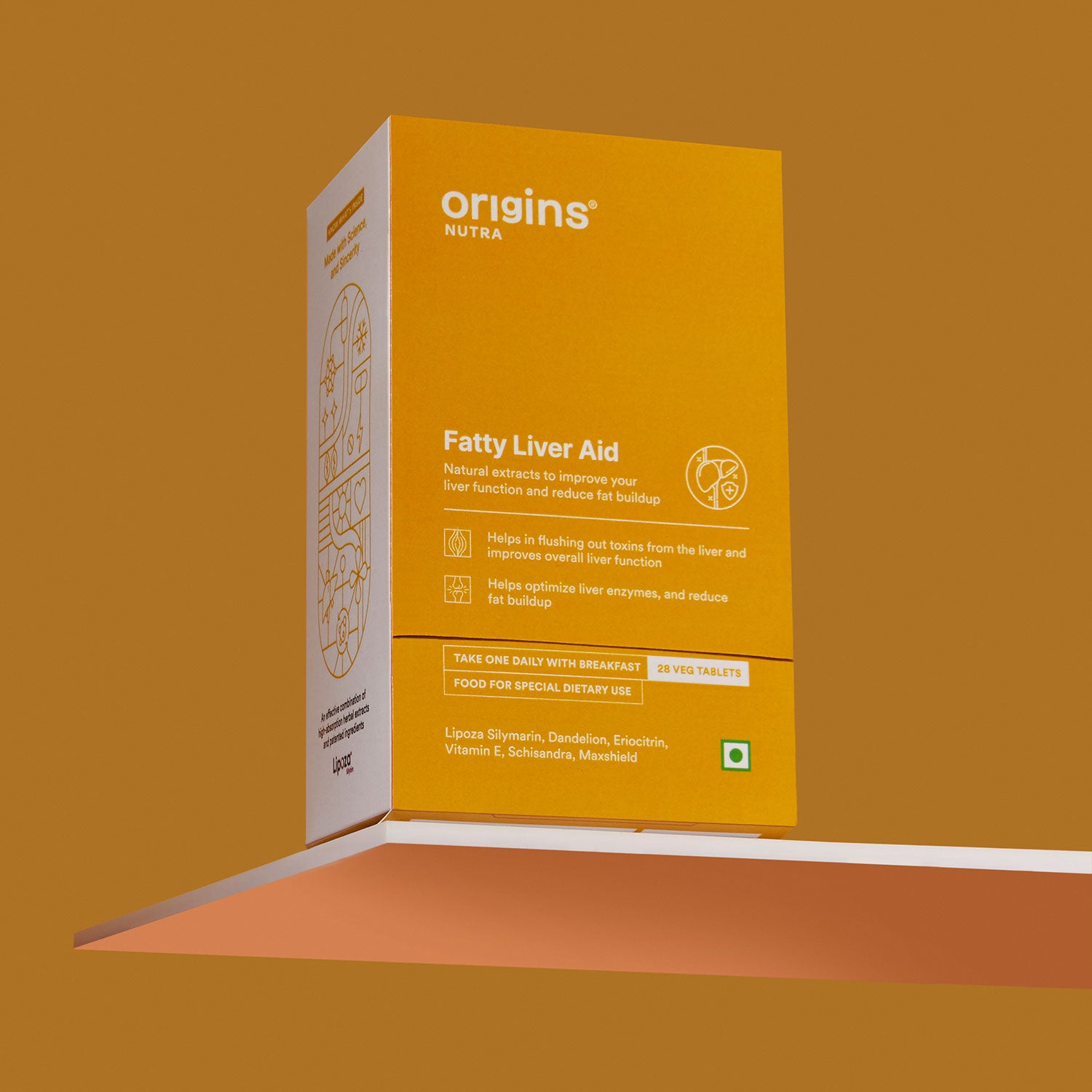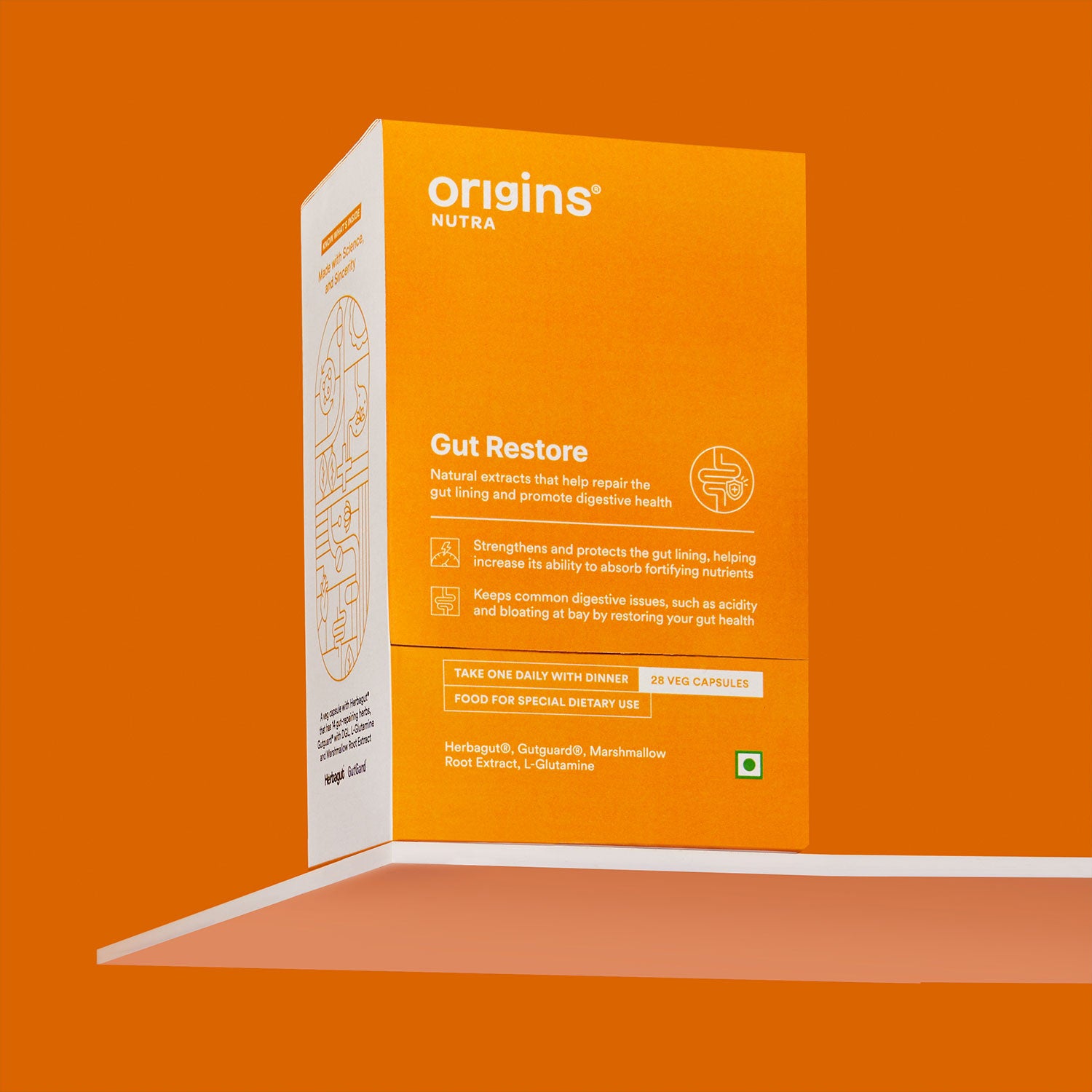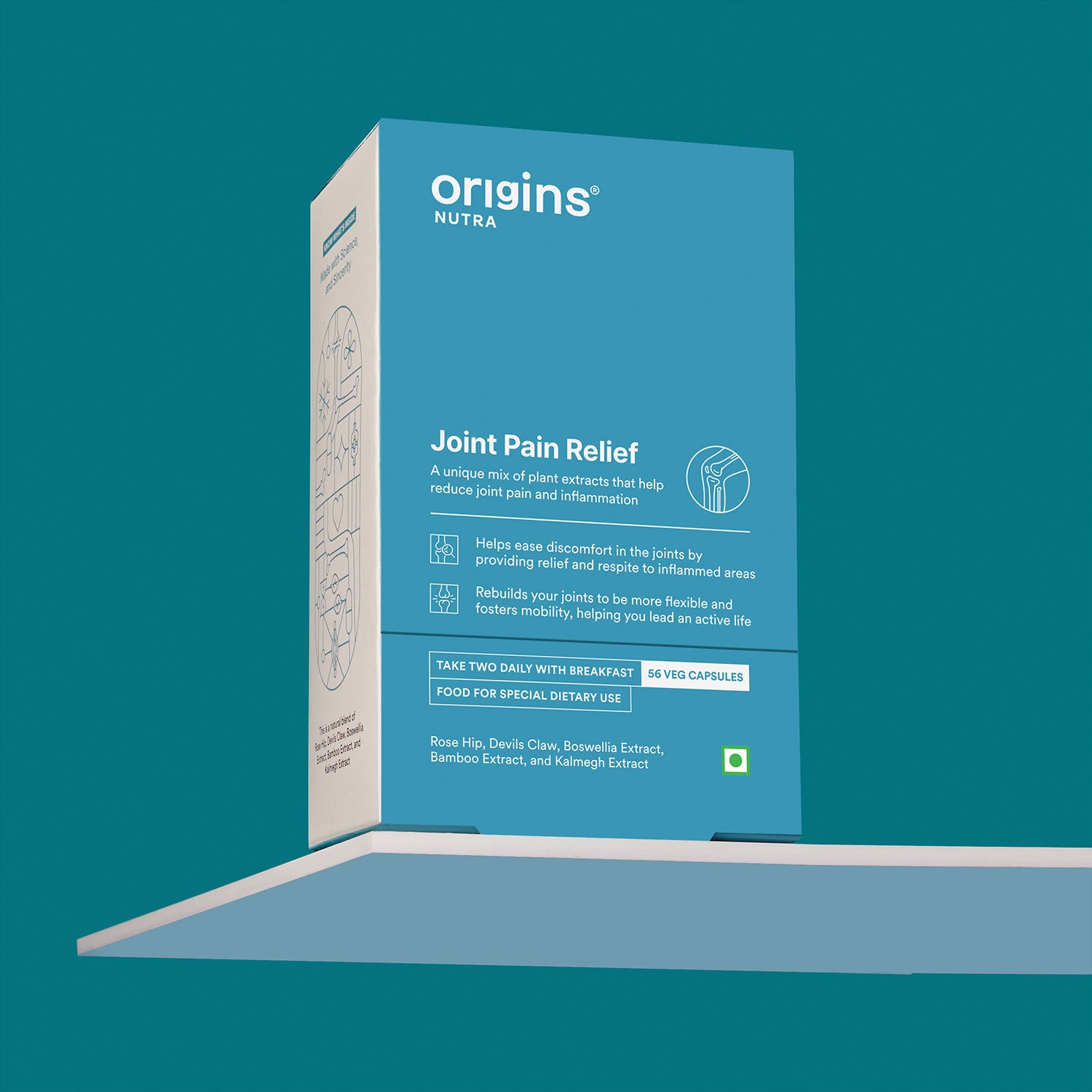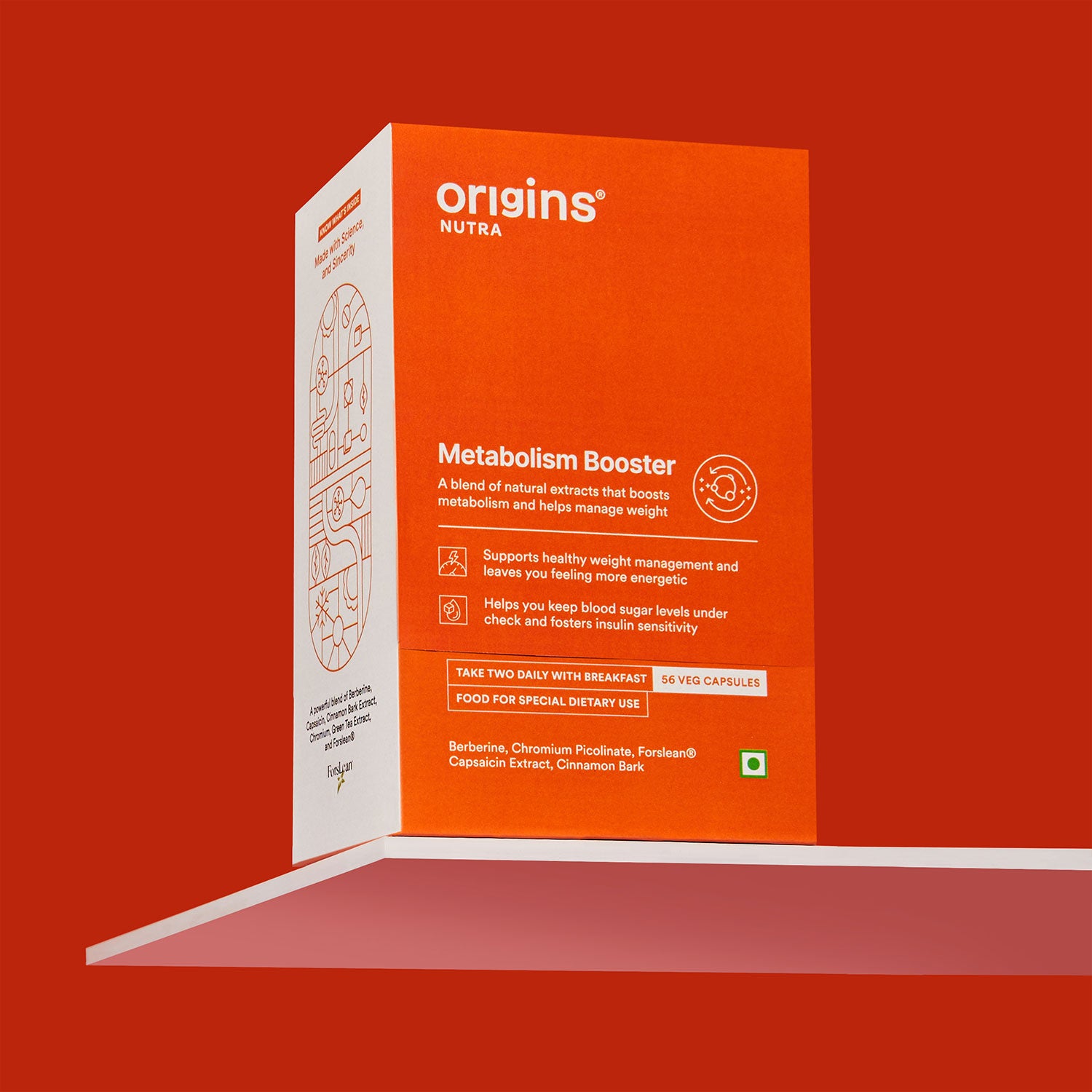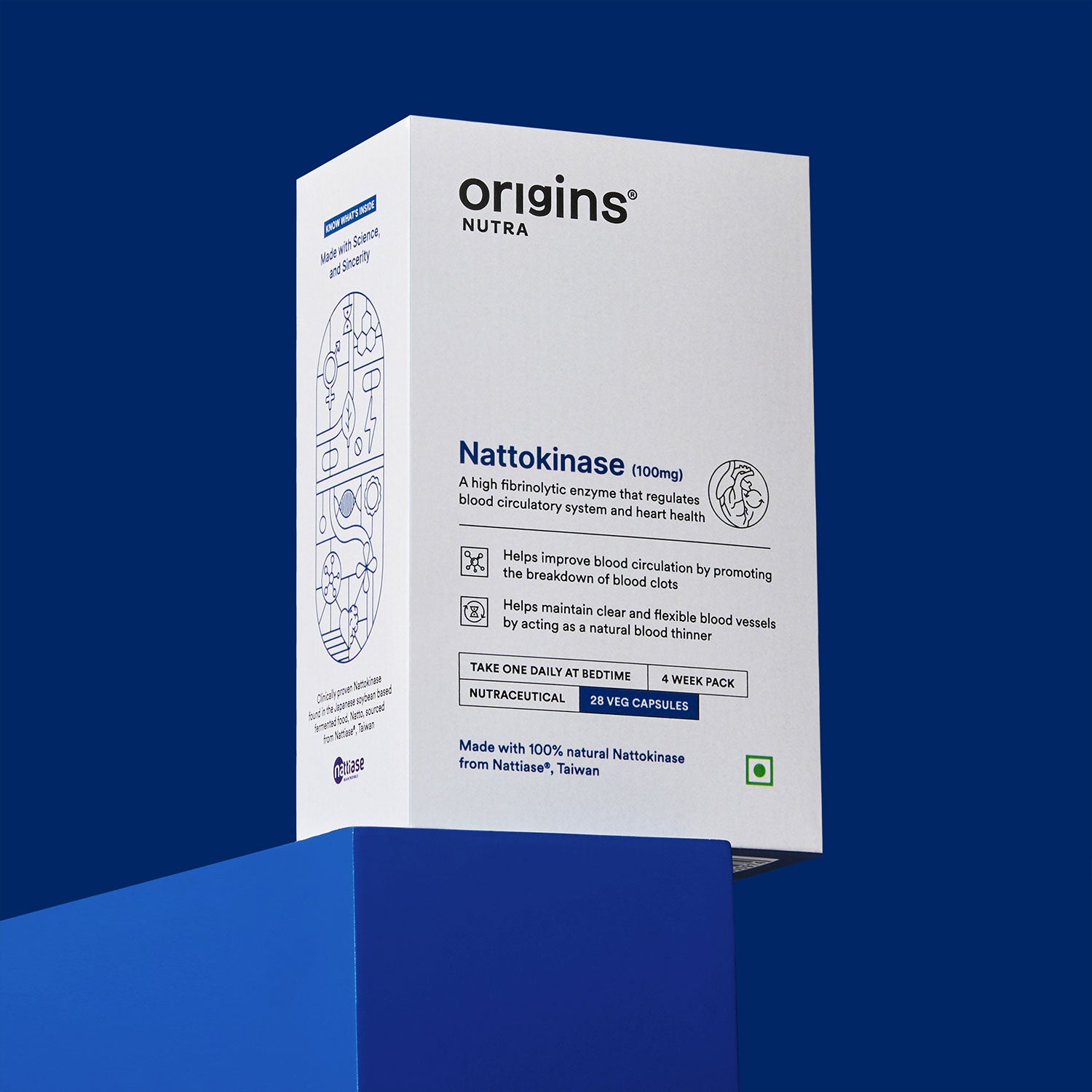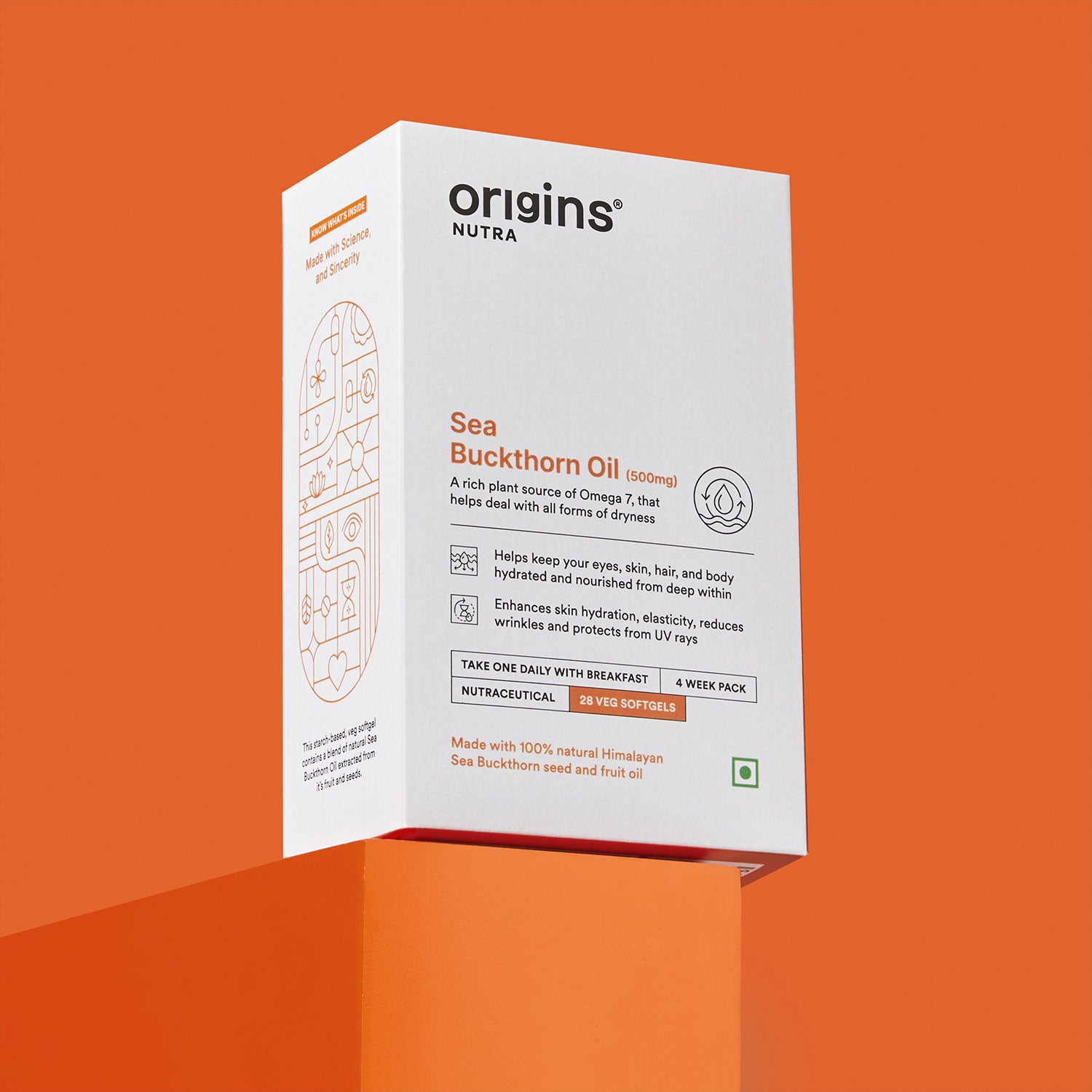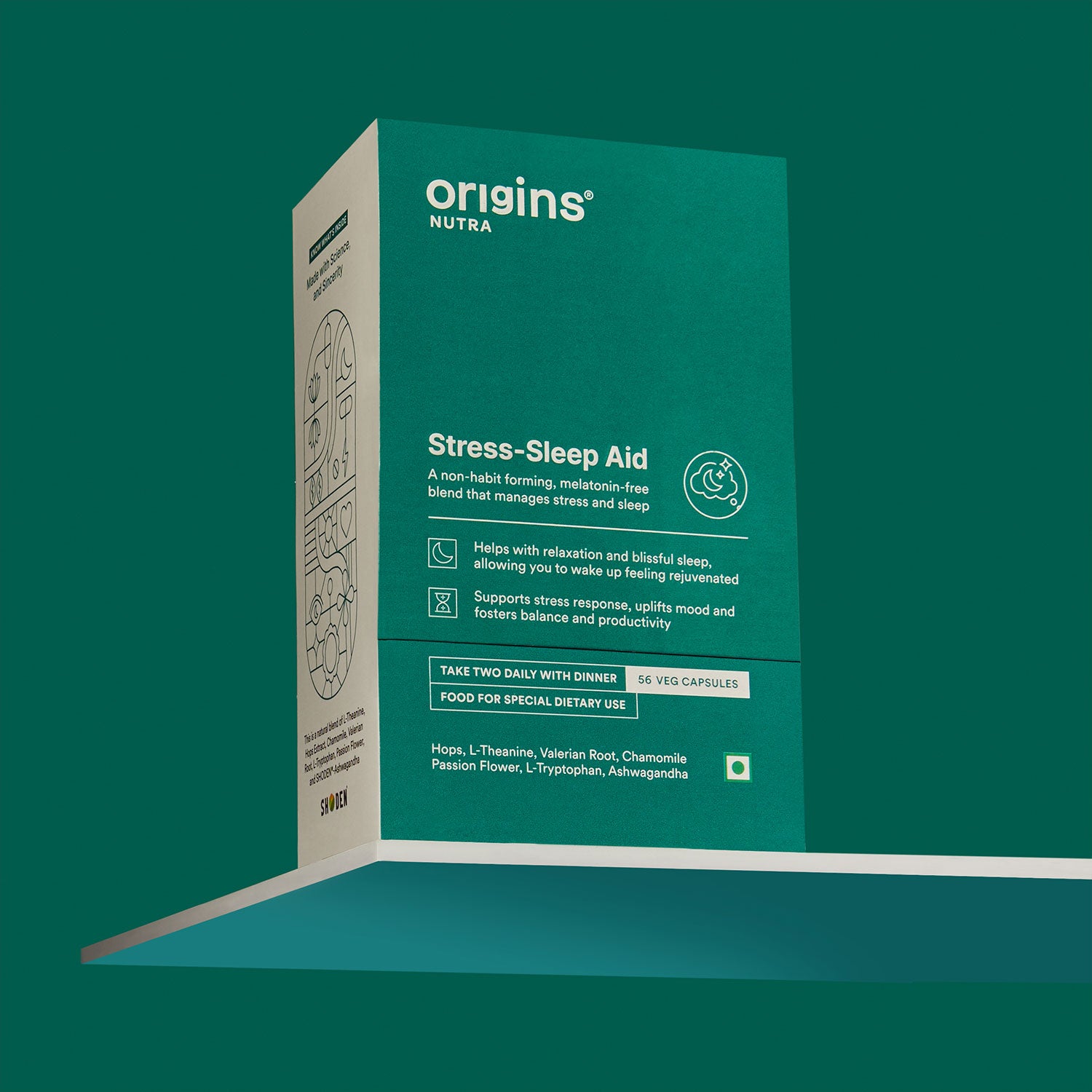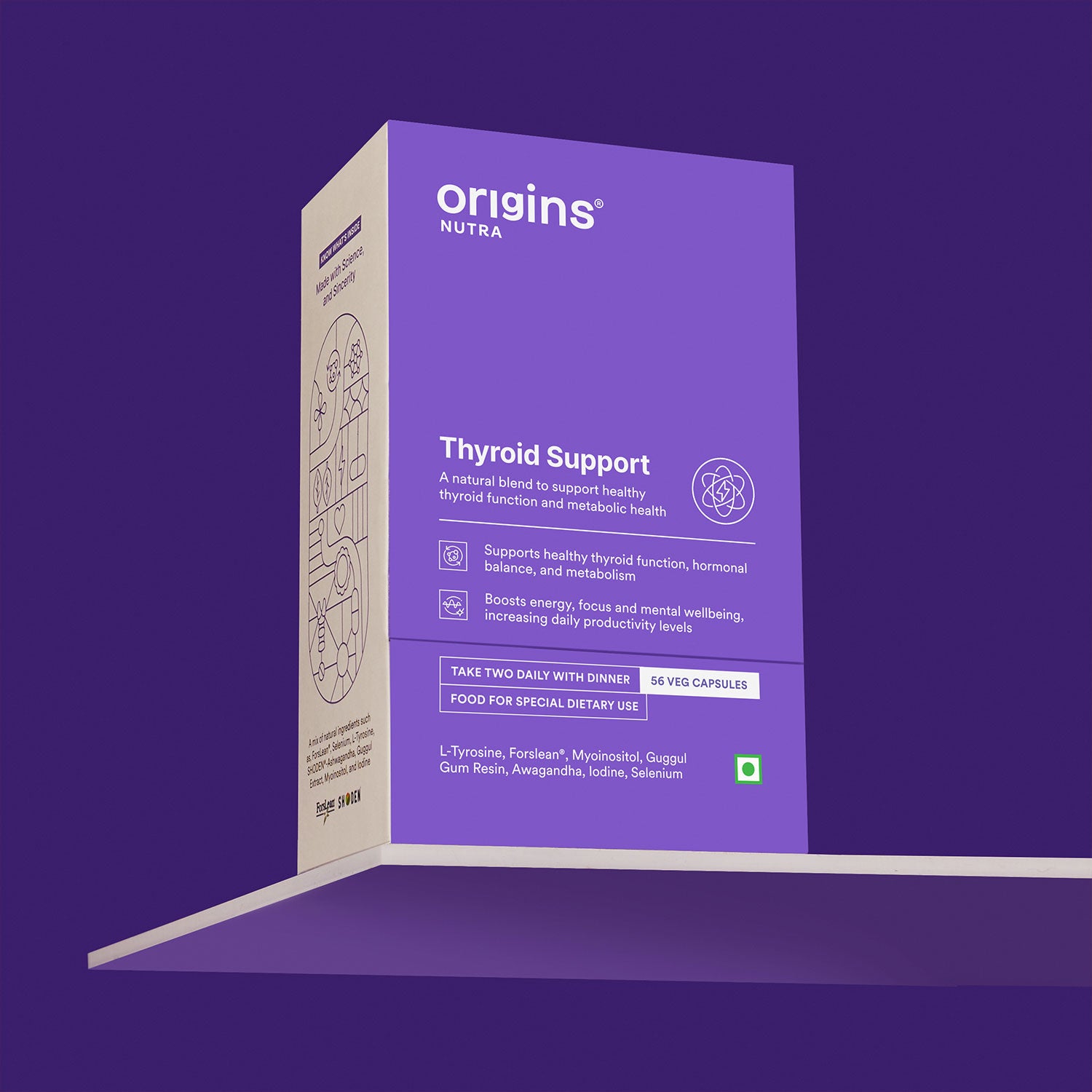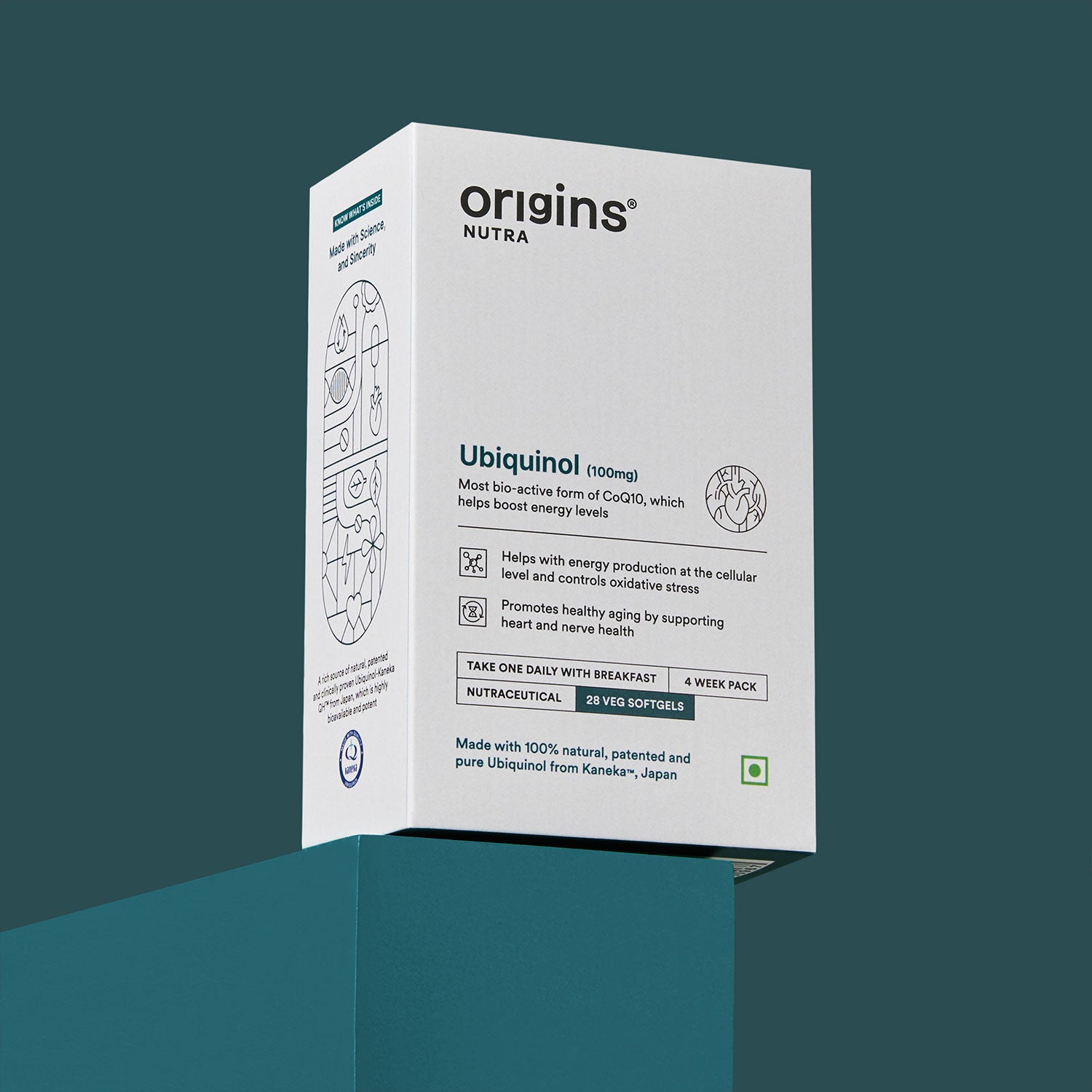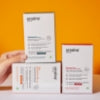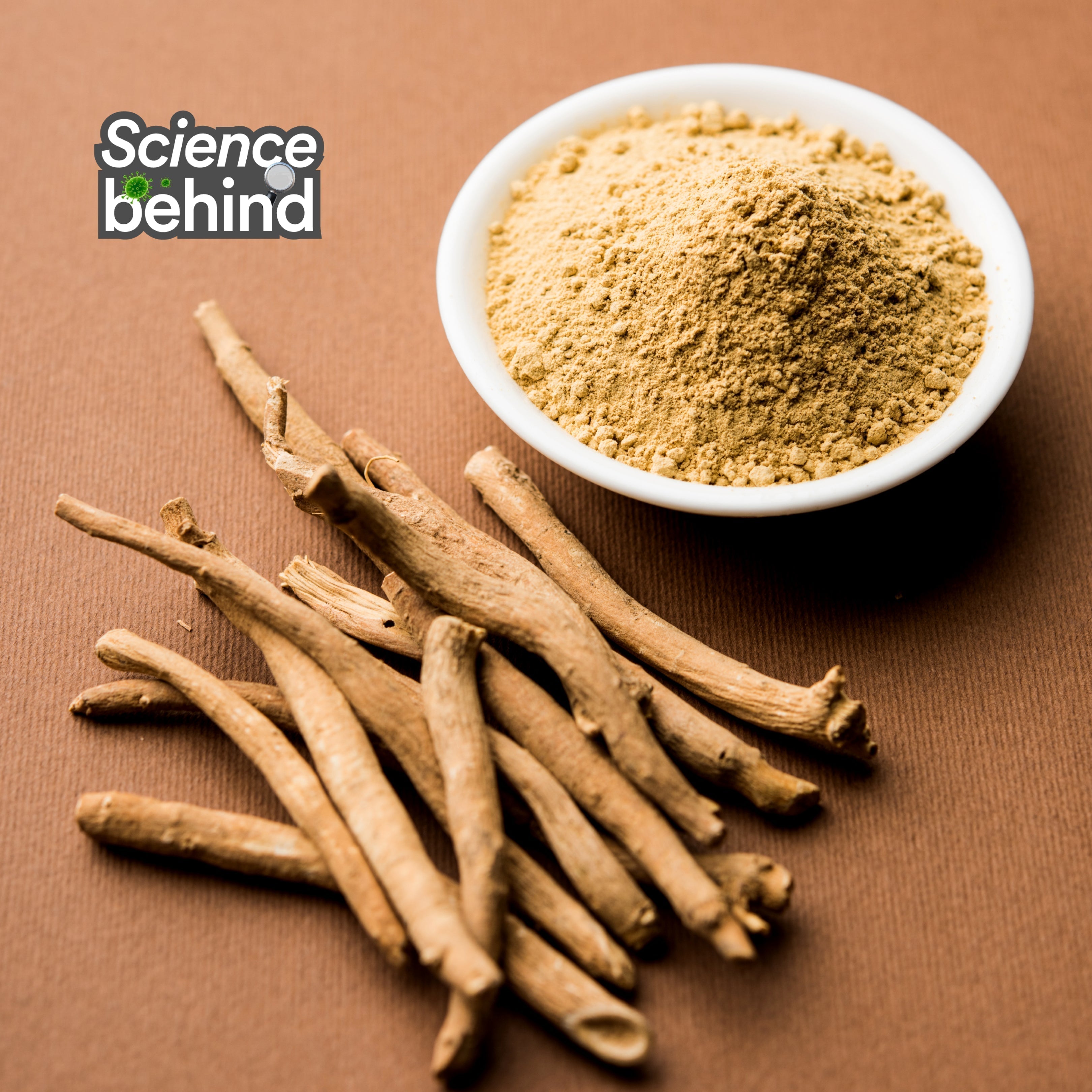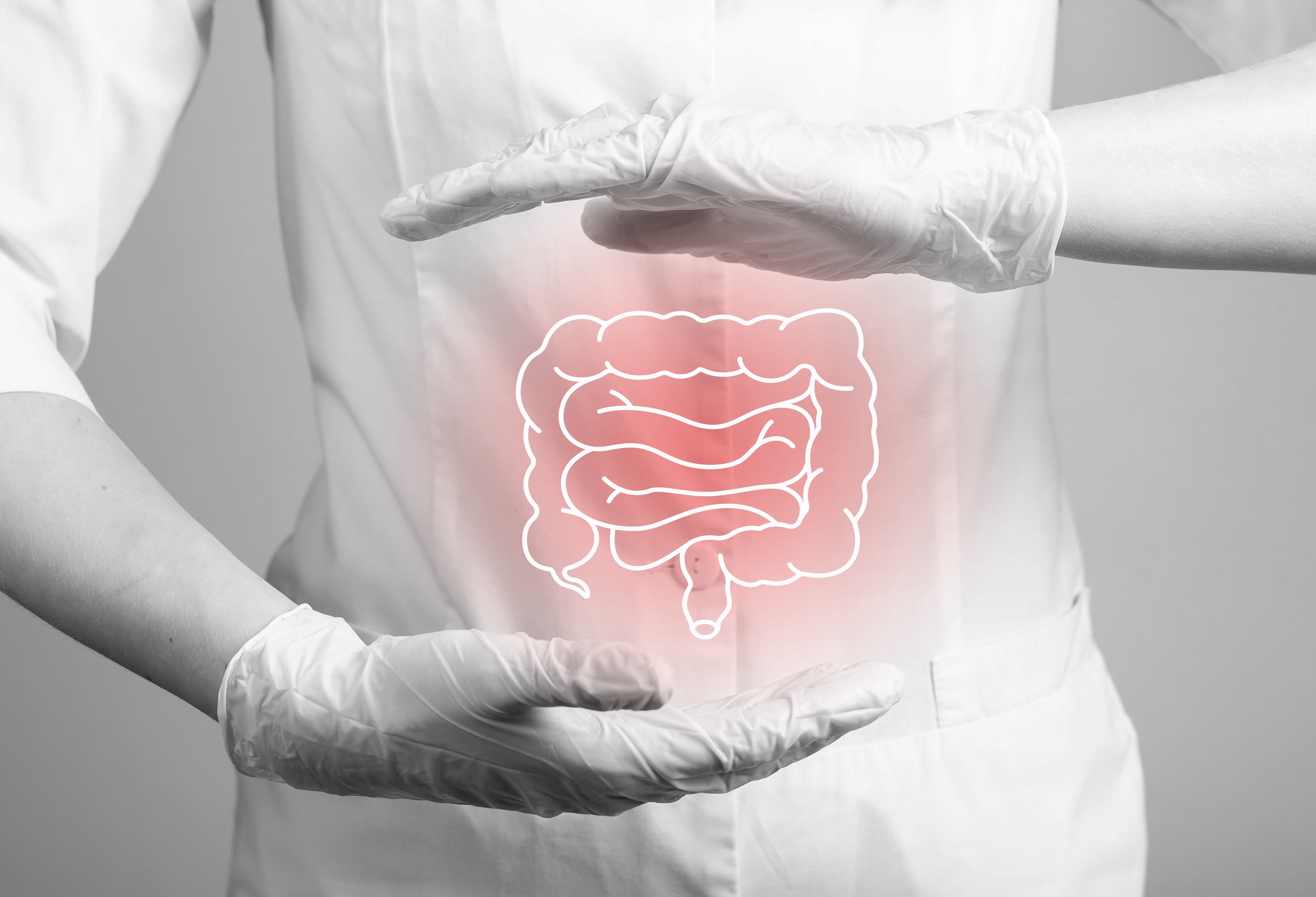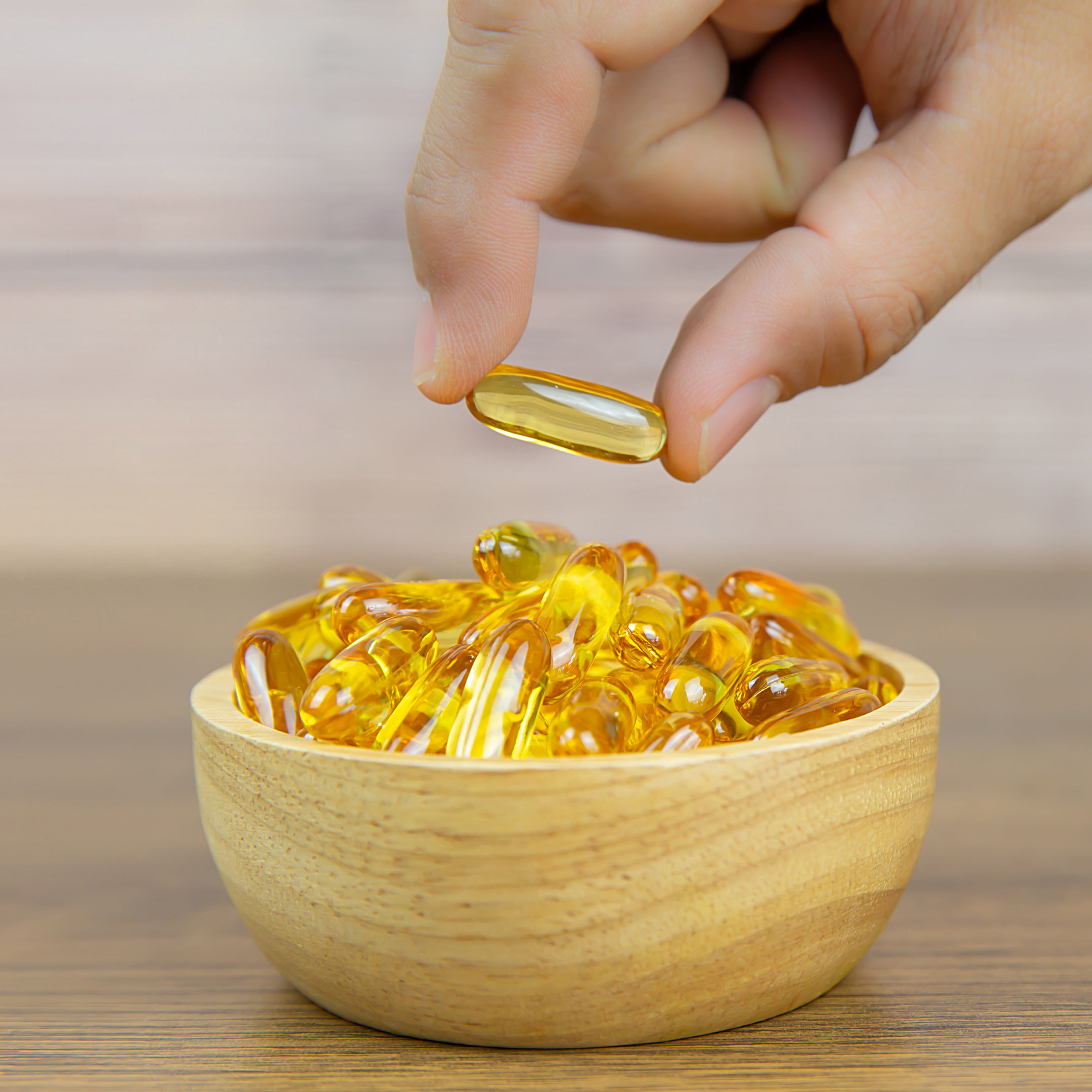Berberine: Unlocking its Potential for Wellness
- What is berberine?
- Mechanism of action
- What is AMPK?
- Berberine’s main benefits
- Dosage
- Side effects and Safety
- Conclusion
- References
What is berberine?
Berberine is an isoquinoline alkaloid (plant phytochemical) present in the roots and stem bark of berberis species. It is yellow in colour, and plants containing berberine often have been used as a dye, particularly for colouring wool. Traditionally, berberine has been used in ayurvedic medicine and traditional Chinese medicine for its antimicrobial, antiprotozoal (prevents the growth of protozoans, which can cause diseases.), antidiarrheal, and anti trachoma (disease of the eye) activities.

Mechanism of action
Berberine works by influencing key regulators of energy balance in the body. These include enzymes like adenosine monophosphate-activated protein kinase (AMPK), an enzyme that plays crucial roles in controlling various metabolic, immune, and inflammatory processes. In simpler terms, berberine helps to regulate biological processes related to metabolism, immunity, and inflammation.
What is AMPK (Adenosine monophosphate kinase)?
Adenosine Mono-phosphate Kinase (AMPK) is a protein involved in maintaining cellular energy balance. It helps activate the uptake and breakdown of glucose and fatty acids, especially when cellular energy levels are low. It helps regulate glucose, making it an important target for anti-diabetic drugs like metformin. Berberine activates AMPK, which helps improve insulin sensitivity and glucose uptake.

What are berberine’s main benefits?
Recent research on berberine has not only validated its traditional use in Chinese medicine for treating various ailments like infections and gastrointestinal disorders but has also highlighted its potential in combating cancer and addressing neurological and metabolic issues. So, let's explore berberine further :
Lowering Blood Sugar Levels:
Berberine helps control blood sugar levels by boosting the activity of the glucokinase enzyme in the liver, which breaks down sugar and leads to more insulin being released. This insulin helps cells use glucose from the blood, making blood sugar easier to manage.
Berberine also prevents gluconeogenesis and adipogenesis in the liver means stopping the liver from creating new glucose and storing fat. This helps regulate blood sugar levels and maintain a healthy weight by avoiding excess glucose production and unnecessary fat storage. It also activates AMPK, a protein that improves how cells respond to insulin and helps move glucose into cells for energy.

Impact on Gut Microbes:
Studies show that berberine changes the variety of bacteria in the gut and can influence the levels of certain gut microbes. For example, in inflammatory digestive conditions like inflammatory bowel disease or colitis, berberine has been found to reduce harmful bacteria such as Enterococci and E. coli while increasing the overall abundance of beneficial bacteria.

Berberine may help with weight loss:
Berberine has emerged as a promising treatment for metabolic syndrome. Recent research indicates its ability to combat obesity by activating brown adipose tissue, often called brown fat, which is linked to increased metabolism and weight loss. Additionally, berberine converts white fat cells (fat cells storing triglycerides) into brown ones, further aiding in weight management. Moreover, it helps reduce inflammation associated with obesity and influences the gut microbiota, which contributes to preventing insulin resistance and weight gain in obese individuals.

Enhancing Fertility and Managing PCOS:
Insulin is essential for metabolism, cell growth, and reproductive function, helping to regulate blood glucose levels. However, in conditions like polycystic ovary syndrome (PCOS), 85% of women experience insulin resistance, where the body's cells don't respond effectively to insulin. This leads to increased insulin production by the pancreas, which can eventually result in glucose intolerance or type II diabetes. Both insulin resistance and high insulin levels can negatively impact fertility and pregnancy outcomes. Berberine, a natural compound, shows promising effect in improving menstrual patterns and ovulation in women with PCOS by reducing insulin resistance.

Cancer-Fighting Potential:
Studies show that berberine affects mitogen-activated kinases (MAP or MAPK), which regulate crucial processes like cell growth and death. Berberine also seems to minimises the side effects of radiation therapy in cancer patients. For example, it's been noted to reduce the impact of radiation therapy in lymphoma and cervical cancer patients.

Aids in lowering cholesterol levels:
Berberine, a plant compound gaining attention for its health benefits, particularly its positive impact on cholesterol levels. It works by inhibiting cholesterol absorption in the intestines and reducing cholesterol secretion by intestinal cells. Additionally, berberine promotes the accumulation of bile acids, regulates cholesterol excretion, and aids in removing LDL cholesterol from the bloodstream. Molecularly, it activates AMPK, which helps regulate fatty acid synthesis.

Dosage and Considerations:
Treatment with 500 mg of berberine daily for three months resulted in notable improvements in the lipid profile, metabolism, and polycystic ovary syndrome (PCOS). If you have a medical condition or are currently on any medications, it's crucial to consult a healthcare professional before starting berberine supplementation. This is particularly important if you are already taking medication for lowering blood sugar levels.
Side effects and Safety:
Berberine, a natural remedy for diabetes, can sometimes cause gastrointestinal discomfort like abdominal pain and changes in stool. However, these symptoms can often be managed by adjusting the dosage. Berberine is generally considered safe, with low toxicity. But, it's important to be cautious when combining it with certain antibiotics like azithromycin, as it may affect heart health.
Conclusion:
Berberine, renowned for its health benefits, is gaining recognition for its potential in managing conditions like metabolic syndrome, PCOS, and diabetes. If you're seeking a berberine supplement, consider Origins Nutra's offering, which contains Berberine extract (Berberis aristata) standardised to 99% of Berberine Hydrochloride, a more stable form for consumption. However, it's crucial to consult with a healthcare professional before incorporating it into your routine and to adhere to usage instructions diligently.
Reference links:
https://www.ncbi.nlm.nih.gov/pmc/articles/PMC9864590/
https://www.ncbi.nlm.nih.gov/pmc/articles/PMC8874997/
https://www.mdpi.com/2072-6651/12/11/713
https://www.ncbi.nlm.nih.gov/pmc/articles/PMC6291723/
https://www.sciencedirect.com/topics/neuroscience/berberine#
